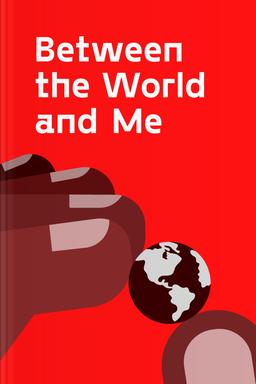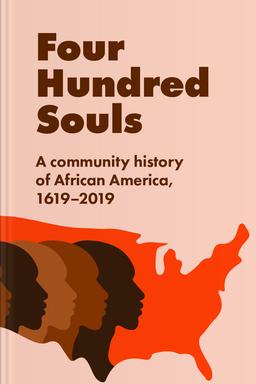What is The Future is Asian about?
This insightful exploration delves into the rise of Asia in the global landscape, examining the economic, political, and cultural shifts that define the region's unprecedented influence. It argues that the future will be shaped by Asia's interconnectedness, innovation, and leadership, providing a roadmap for understanding emerging trends. Through a comprehensive analysis, it invites readers to reconsider geopolitics and the importance of Asian dynamics in our globalized world.
Who should read The Future is Asian
- Business leaders seeking insights into Asian markets.
- Students of geopolitics interested in global power shifts.
- Travel enthusiasts exploring Asia's emerging influence.
What is The Only Plane in the Sky about?
This book presents a compelling oral history of September 11, 2001, through interviews and firsthand accounts from those who experienced the day. It captures the chaos, fear, and resilience of individuals—from first responders and politicians to ordinary citizens—providing a poignant narrative that reflects the profound impact of the attacks. This comprehensive compilation reveals the human stories behind the events, making history personal and relatable.
Who should read The Only Plane in the Sky
- History enthusiasts seeking first-hand accounts of 9/11.
- Students studying American history and contemporary events.
- Individuals interested in personal stories of resilience and grief.
What is Between the World and Me about?
This powerful letter from a father to his son explores the realities of being Black in America. Through personal anecdotes and historical context, it examines issues of race, identity, and the struggle for justice. Coates delves into the deep-seated racism that permeates American society, while offering insights into the resilience and strength found within the Black community, urging his son to navigate a world filled with systemic oppression.
Who should read Between the World and Me
- Parents seeking to understand race impacts on children.
- Young adults exploring identity in contemporary society.
- Readers interested in racial justice and personal narratives.
What is Hiroshima about?
This powerful narrative recounts the harrowing experiences of six survivors from the atomic bombing of Hiroshima on August 6, 1945. Through their personal stories, the book vividly illustrates the immediate devastation and long-term impact of the bomb on individuals and the city. It serves as a poignant reminder of the human cost of war and the resilience of the human spirit in the face of unimaginable tragedy.
Who should read Hiroshima
- History enthusiasts seeking personal accounts of war.
- Students studying World War II and its impact.
- Readers interested in the human toll of nuclear warfare.
What is Four Hundred Souls about?
This collective narrative spans 400 years of African American history, presenting the experiences of both notable figures and everyday individuals. Structured as a series of essays, it explores themes of resilience, resistance, and community. Contributors from various backgrounds reflect on pivotal moments and movements, revealing the complex tapestry of African American life, culture, and identity while emphasizing the ongoing struggle for justice and equality.
Who should read Four Hundred Souls
- History enthusiasts seeking diverse perspectives
- Students studying African American history
- Readers interested in social justice and equity




